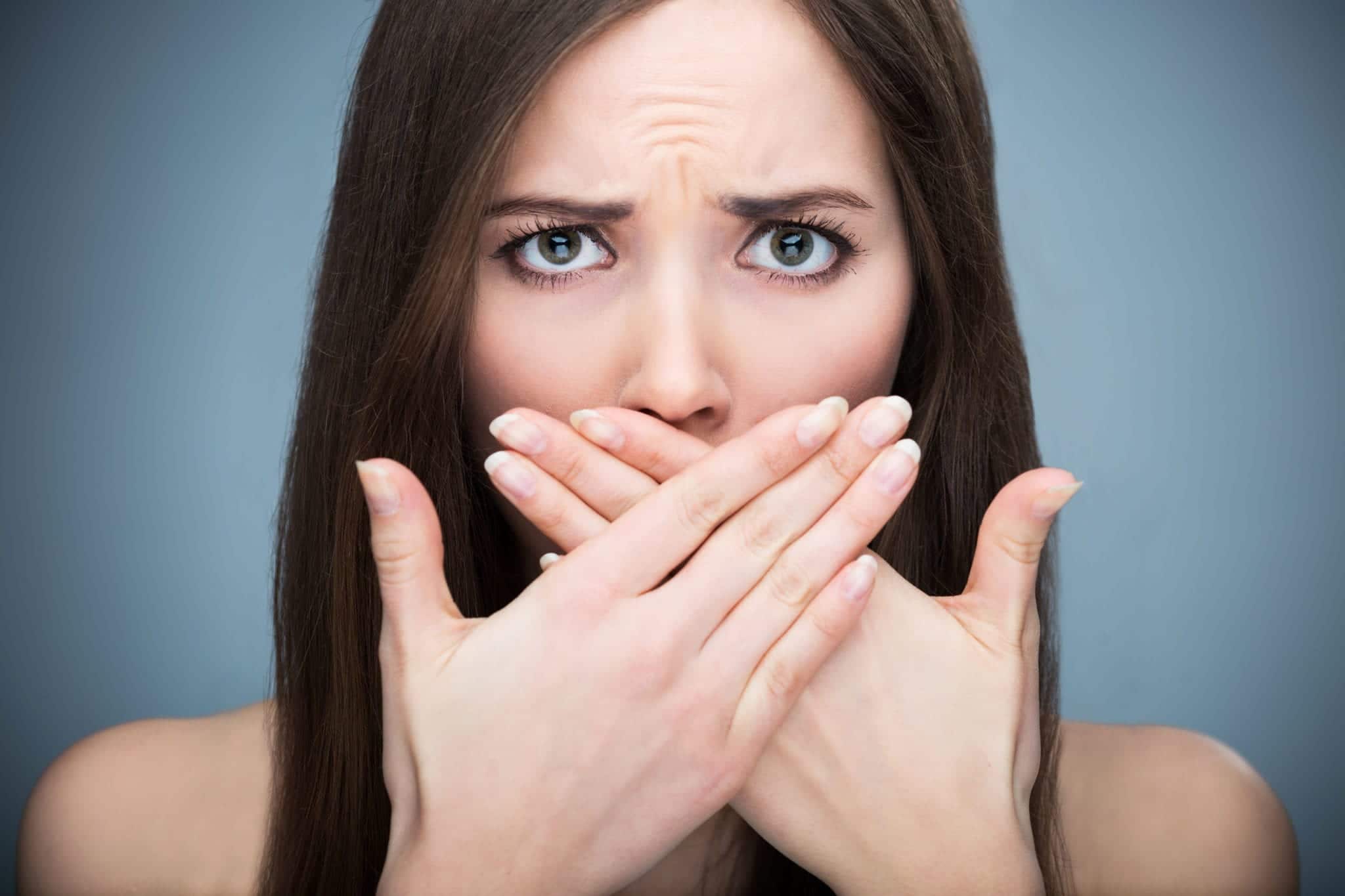
Dry mouth is a huge annoyance. Your tongue and teeth can feel dry and swollen, and no matter how much you try, you just can’t get enough saliva going.
These frustrations, however, are just the beginning. Having a persistently parched mouth can set the stage for numerous oral health issues, including dental caries, periodontal disease, erosion, and so on.
In this post, we’re going to dive deeper into what dry mouth is, what causes it, and why it’s bad for your oral health.
Dry Mouth Syndrome: What Is It?
Oral dryness is a syndrome that has two major components: xerostomia and hyposalivation.
Xerostomia is a term used to describe a person’s perception of a dry mouth. This condition is fairly common in adults. It affects about 21% of males and 27% of female adults. The overall prevalence of xerostomia rises to 39% in older individuals over 65 years.
Interestingly, some people will complain that their mouth feels dry, but upon clinical examination, nothing unusual is found. This is commonly referred to as subjective oral dryness. It’s usually transient and often attributed to dehydration and anxiety, among several other causes.
If the feeling of oral dryness is sustained over a long period, it’s then called chronic xerostomia. Clinical examinations of people with chronic xerostomia will most likely reveal reduced presence and production of saliva in that person’s mouth.
Reduced saliva production is called hyposalivation. Mouth dryness caused by hyposalivation is referred to as objective oral dryness (as opposed to subjective oral dryness described earlier).
What Causes Dry Mouth and Hyposalivation?
Proper management of oral dryness begins with understanding the causes of the problem.
Dry mouth may be caused by several factors that affect the production and flow of saliva into the mouth. Such factors could either be anatomical or physiological or, on rare occasions, both.
The most common causes of dry mouth are:
- Medications – Oral dryness might be a side effect of some prescription and OTC (over-the-counter) medicines. Many heart, blood pressure, depression, and anxiety medications can cause dry mouth.
- Chemotherapy.
- Radiation.
- Medical condition. Oral dryness can also be a direct result of another medical condition. Dry mouth is, for example, often reported in individuals with diabetes, Sjogren’s syndrome, and lupus. Dry mouth is also one of the symptoms found in individuals with SICAA, a medical condition characterized by unusual dryness of mucous membranes.
- Stress, anxiety, depression, and alcoholism.
- Central and peripheral nerve damage to the salivary glands’ innervation
- Salivary gland removal. This may occur accidentally during surgery or intentionally, such as when cancer develops within the salivary glands.
- Poor diet.
- Dehydration.
- Mouth breathing.
Why Is Oral Dryness Bad for Your Oral Health?
Your saliva isn’t to be taken for granted. In addition to helping us digest our food, saliva has an incredibly important role in our oral health.
Saliva helps in washing food particles and bacteria off teeth. The pH regulating elements in saliva also help in neutralizing harmful acids that develop within the mouth.
Without adequate saliva, there’s usually a quick, uninhibited build-up of bacteria and plaque at the base of your teeth. This makes your pearly-whites more susceptible to decay, cavities, and gum disease. You are also likely to develop bad breath (halitosis).

People with dry mouth often have persistently thick and stringy saliva. Their saliva is weak in repairing and re-mineralizing tooth enamel. It also loses its natural defense properties; hence, oral dryness often leads to oral candidiasis (oral thrush).
Other common outcomes dry mouth include burning mouth syndrome, impaired taste sensation, and difficulty putting on dentures.
If you are suffering from dry mouth, ask your dentist how they can help.






